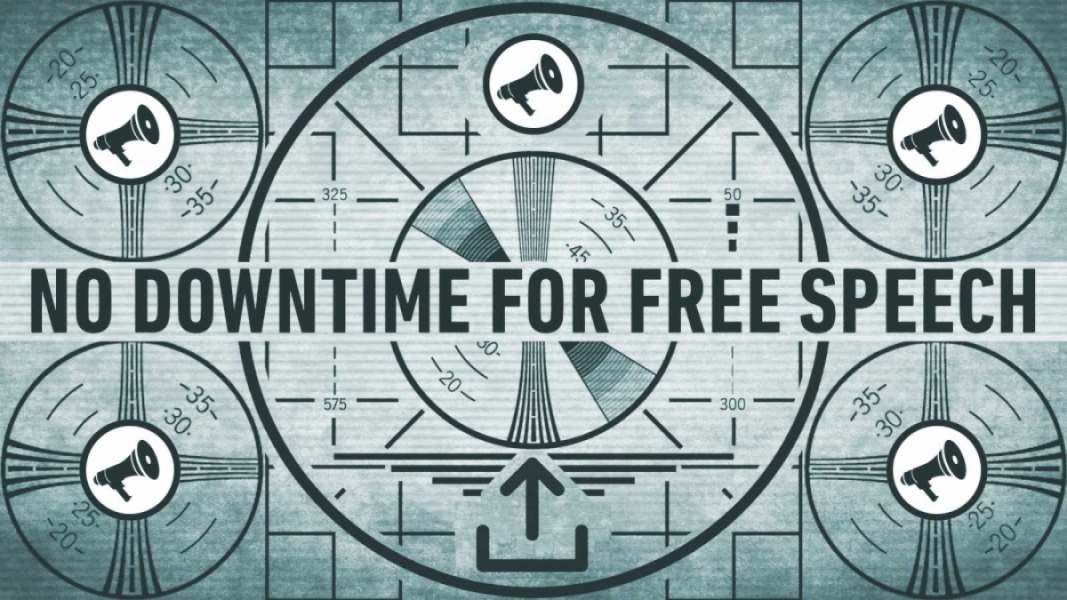Under public pressure, Sony recognized that she didn’t own Bach’s works.
- Transfer

REFUSED
Reason for dispute: All the material in the video is your original content and you own the rights to it
Filed: September 4, 2018
Explanation: I personally perform the work of Bach. Who died 300 years ago. All rights belong to me.
Appeal is possible until September 17, 2018
When different people play the same music, the problem arises: sometimes they sound the same. And if the music belongs to the composer, who died 268 years ago, leaving his works in the public domain, then someone can record it, and someone - put it on the Internet. In this story, a mixture of copyright bots and corporate intransigence led to an attack in the spirit of Kafka.
Musician James Rhodes has posted a video on Facebook where he plays Bach. Sony Music Entertainment stated that 47 seconds of this performance belong to her. As a result, Facebook has disabled the video.
It looks stupid, but not completely stupid in the world of rights holders. This happened after Rhodes received a notice from Sony deserving a place on the board of shame .
One of the arguments in favor of the current content filtering process is that there must be a system of checks and balances. Notice of deletion must be sent only by the copyright owner, who truly believes that his rights have been violated. And if the claim is unfair, then the counter notification from the real copyright holder will correct the situation.
The idea of counter-notifications is not optimal. For example, they are burdensome for individuals and require a certain amount of private information. Even bona fide authors always have the fear that the other side will sue anyway, which they cannot afford.
Rhodes really challenged the notice and explained: “This is my own performance of Bach. Who died 300 years ago. I own all the rights. ” Sony rejected this argument .
We do not know for sure how things are dealt with at Sony, but one can guess that the copyright bot or a person acting in the same way was the cause of the mess. A real person would see a video of a musician performing a piece that is older than US copyright law . He would understand that the company cannot own it. It is very likely that Rhodes’s counter appeal was also rejected by the bot, because we hope, of course, that a thoughtful person would receive his notice and approve it.
Rhodes told his story on Twitter, where he received some support - and dared to send a letter to the Sony Classic and Sony PR directors. At the end of the knons, his video was restored. He tweeted: “What about the thousands of other musicians who didn't do the same? ..” Good question.
None of the alleged checks failed. The public pressure and perseverance of Rhodes are the only reasons why the complaint was considered, despite the fact that the rules must protect fair use and the public domain.
How much more evidence is needed that copyright bots and filters fail? What to give them such powers as the European Union is ready to do is dangerous and short-sighted? Information about these faults appears in much the same way as conflicts are resolved: only if they create enough noise. How many more author works will be deleted without the right to restore?
